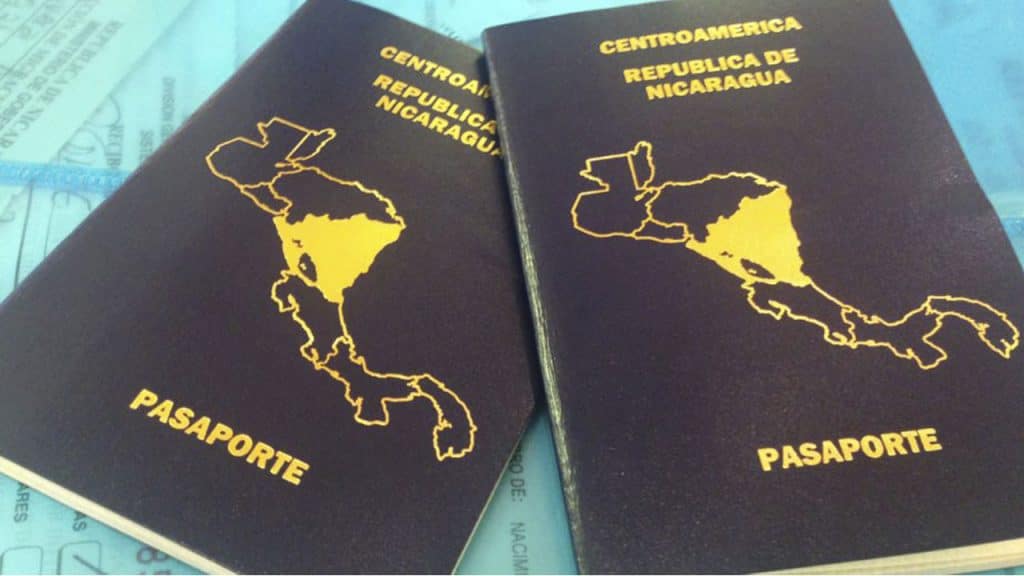Nicaragua’s National Assembly passed a constitutional amendment, eliminating dual nationality for Nicaraguan citizens, a move driven by co-presidents Daniel Ortega and Rosario Murillo. The reform, approved unanimously in a special session in Niquinohomo, changes articles 23 and 25 of the Constitution. It states that Nicaraguans who acquire another citizenship will lose their Nicaraguan nationality, arguing that swearing allegiance to a foreign state breaks the “legal and moral bond” with Nicaragua. The amendment also requires foreigners seeking Nicaraguan citizenship to renounce their original nationality, except for Central Americans.
This reform, which needs ratification in 2026 to take effect, has raised eyebrows, especially given the Ortega-Murillo government’s history of stripping citizenship from critics. Since 2023, nearly 500 Nicaraguans, including writers, bishops, and other opponents, have lost their nationality, often labeled “traitors to the homeland.” The government’s stance is clear: loyalty to Nicaragua must be exclusive. “There cannot be dual fidelity,” Ortega and Murillo stated, framing the reform as a defense of national commitment.
The decision could impact thousands, particularly Nicaraguans with U.S. citizenship, as many hold dual nationality. Critics see this as another step in Ortega and Murillo’s tightening grip on power. Since the 2018 protests, which left over 300 dead according to the UN, the Sandinista government has cracked down on dissent, expelling opponents and consolidating control. Earlier reforms in January already gave the couple sweeping powers over legislative, judicial, and electoral bodies, cementing their authority.
The international community has voiced concern. The UN’s regional human rights office called the broader constitutional changes a setback for civil liberties. Some warned that banning dual citizenship could lead to brain drain and cronyism, especially given Nicaragua’s proximity to the U.S. and its diaspora there. As the 2026 ratification looms, this reform signals a hardening stance from a government accused of authoritarianism, leaving many Nicaraguans abroad in limbo.






